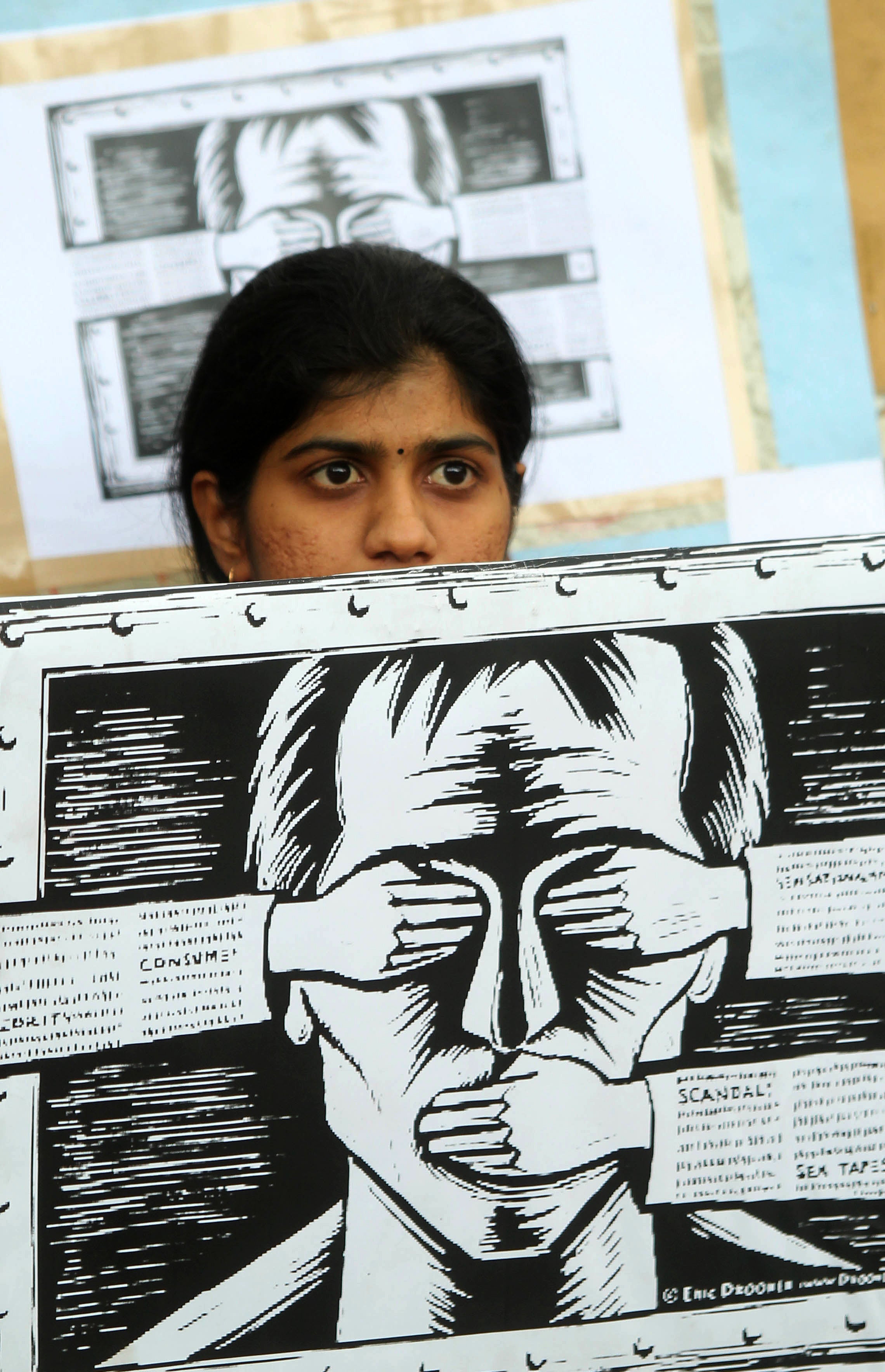Indian court bans ‘vulgar’ adverts even after watershed: ‘Some condom ads look like a porno film’
Court says it is acting to ‘safeguard children and women’

Your support helps us to tell the story
From reproductive rights to climate change to Big Tech, The Independent is on the ground when the story is developing. Whether it's investigating the financials of Elon Musk's pro-Trump PAC or producing our latest documentary, 'The A Word', which shines a light on the American women fighting for reproductive rights, we know how important it is to parse out the facts from the messaging.
At such a critical moment in US history, we need reporters on the ground. Your donation allows us to keep sending journalists to speak to both sides of the story.
The Independent is trusted by Americans across the entire political spectrum. And unlike many other quality news outlets, we choose not to lock Americans out of our reporting and analysis with paywalls. We believe quality journalism should be available to everyone, paid for by those who can afford it.
Your support makes all the difference.A court in India has given an order banning the broadcast of “obscene and vulgar” content on TV in the southern state of Tamil Nadu – even after the 10pm watershed – on the basis that children are still watching late at night.
The interim order from the Madras High Court could have implications for policies on the TV watershed in India nationwide if it is converted into a full order, and comes following a public interest plea was filed by a member of the public.
The two-judge bench of the court railed against adverts that “exhibit obscenity to promote the sale of condoms”, saying it was disturbed by the number of “vulgar” programmes and advertisements on TV that “look like a porno film”.
The judges said an interim ban was “in the interest of justice” as well as to “safeguard the children and women”.
"It is shocking to note that in the television, about 10.00pm, almost all the channels are telecasting some advertisements, which exhibit obscenity to promote the sale of condoms, which in fact, are being viewed irrespective of the age and absolutely available in all television channels (sic),” said the Madras High Court in its order earlier last month.
The order could impact adverts applying for permission to air in Tamil Nadu immediately. The plea in question had sought a direction pre-censoring all “vulgar and obscene programmes and advertisements” on television.
The petitioner also urged the court that central and the state governments should be directed to take “immediate and effective steps” to monitor and prosecute TV channels and cable operators if they violate the broadcasting code.
Defending its order, the court said that “anybody who sees these programmes will be shocked by the pornographic content”.
It noted that that under existing rules, cable operators should ensure that “the portrayal of the female form… is tasteful and aesthetic and is within the well-established norms of good taste and decency”.
Railing against adverts for condoms and aphrodisiacs in particular, the judges said: “Nudity is available in the name of doctor's advice as well as advertisements and it is freely available and is being viewed by all, including the children. It will definitely affect the minds of youngsters and children.”
The court directed the central and the state governments to respond to the issue of existing censorship rules not being met.
The court order comes amid a context of entrenching rather than liberalising censorship in India, with the central government moving to bring online streaming platforms under the remit of the ministry of information and broadcasting for the first time last month.
Media experts fear the move will lead to more censorship of services like Netflix and Disney+, as well as having a far-reaching impact on creative expression in India.
“Censorship and controls smack of colonial elitism where the ruling power doesn’t trust the public because they know what is good for us and we don’t," journalist Madhu Trehan, co-founder of the digital news portal Newslaundry was quoted as saying by Livemint.



Join our commenting forum
Join thought-provoking conversations, follow other Independent readers and see their replies
Comments